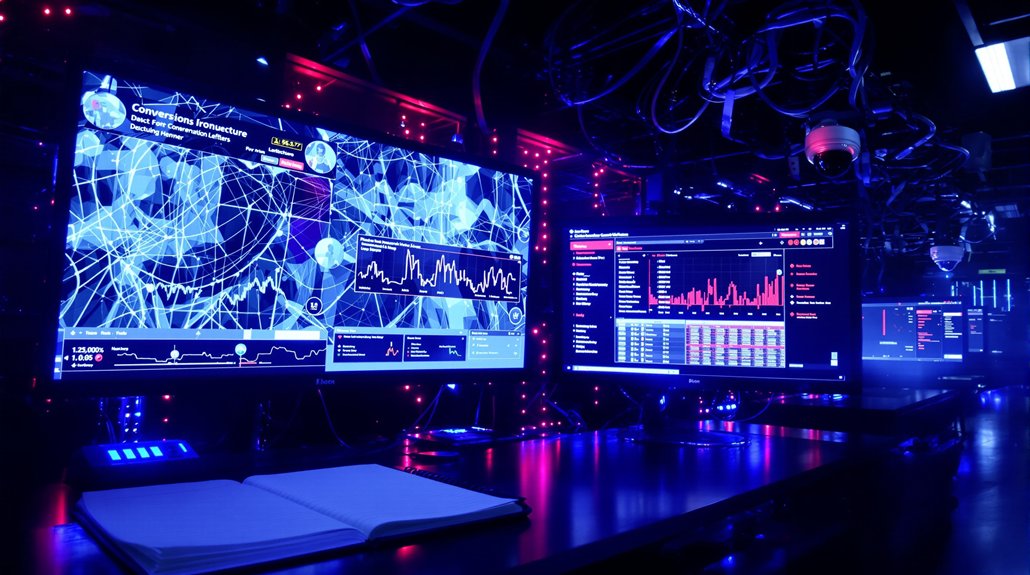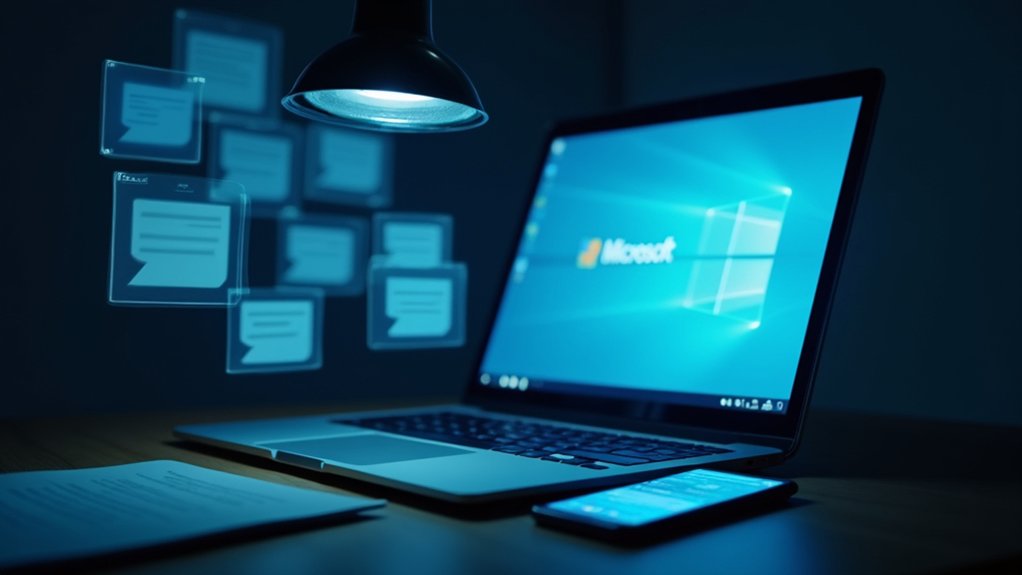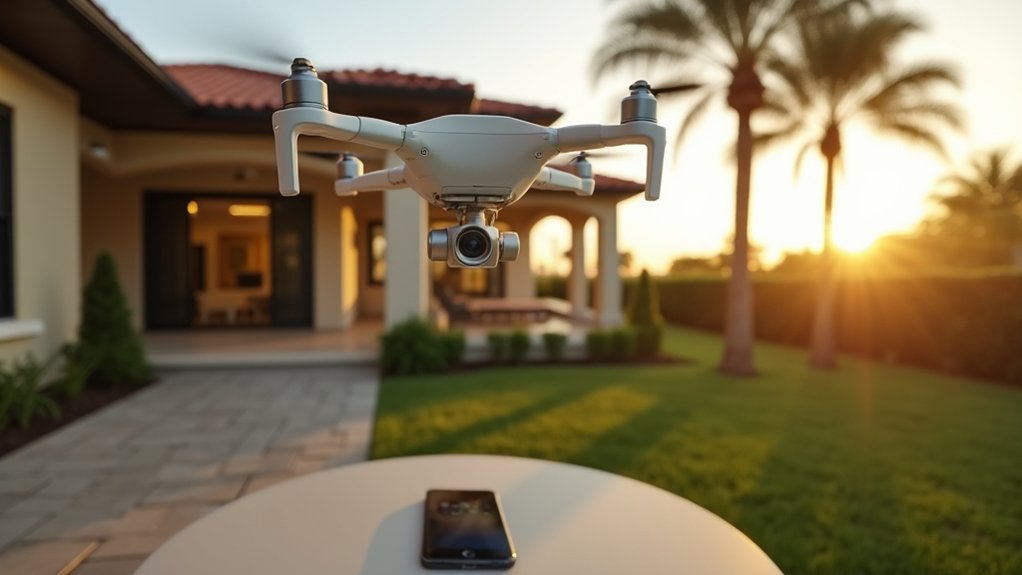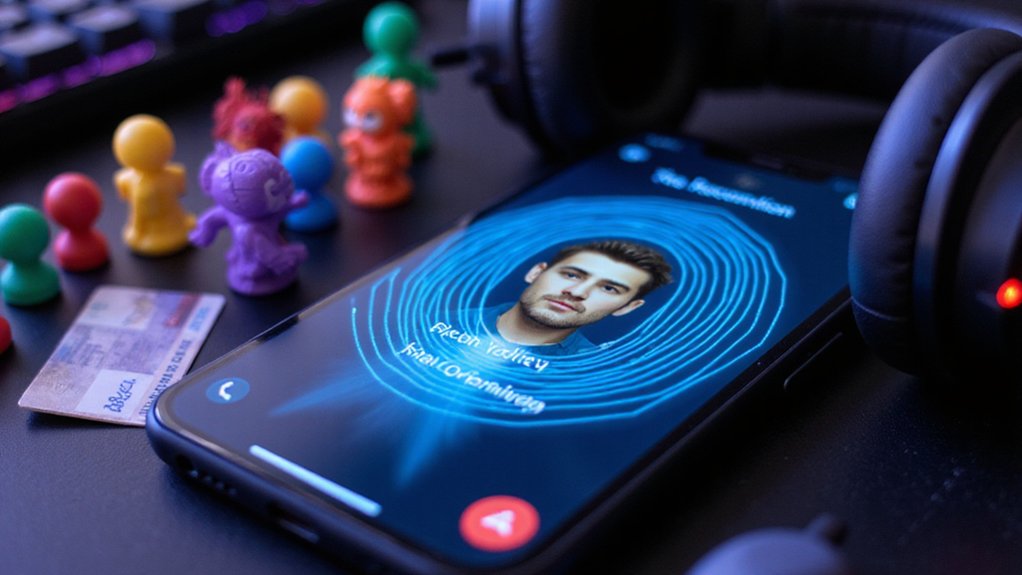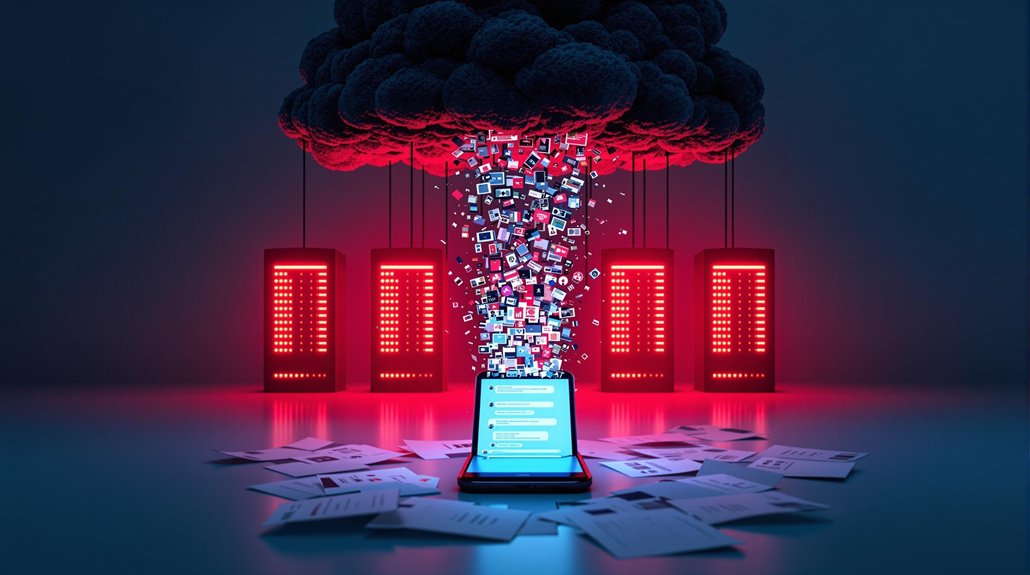When users chat with ChatGPT, their conversations aren’t as private as they might think. OpenAI, the company behind ChatGPT, keeps detailed records of what people type and can report suspicious content to law enforcement when needed.
ChatGPT conversations are logged, monitored, and can be reported to authorities when suspicious activity is detected.
Every ChatGPT conversation gets logged and stored for at least 30 days. The company’s monitoring systems automatically scan these chats for concerning behavior or policy violations. When the software detects something suspicious, it triggers real-time alerts that flag the conversation for review. If OpenAI’s team finds evidence of illegal activity or serious safety concerns, they’ll keep those records longer than 30 days and may share them with authorities.
Organizations using ChatGPT have even more monitoring power. Companies deploy special dashboards that record every single ChatGPT conversation their employees have. These tools let managers review full transcripts and track how workers use the AI assistant. Third-party monitoring software adds another layer of oversight, guaranteeing transparency across entire business networks.
Users do have some control over their data. They can delete conversations from their history or turn off the feature that saves chats altogether. They can also export their conversation history as files to review what’s been stored. But there’s a catch – even when users delete their chat history, temporary copies might still exist in OpenAI’s system logs for safety monitoring purposes. These monitoring capabilities have evolved alongside the rise in AI-powered scams that increasingly rely on emotional manipulation and urgency to bypass critical thinking.
The standard policy keeps new conversations for a month before permanent deletion. ChatGPT’s memory features can store information across sessions, which users can manage manually. The system maintains approximately 40 recent conversations with timestamps and summaries to help build user profiles and provide personalized responses. Temporary chat sessions hold up to 8,000 tokens and reset when closed, offering more privacy for sensitive topics.
OpenAI says it doesn’t sell conversation data to third parties or use it for advertising. The company mainly uses retained conversations to improve ChatGPT’s functionality and monitor safety. However, sensitive information remains in system logs unless users actively delete it or use privacy controls. Companies seeking more comprehensive security often implement Zero Trust architecture to verify every interaction continuously, reducing risks from both external threats and internal data exposure.
The monitoring extends beyond individual users. Automated systems continuously scan for abusive behavior, risk patterns, and guideline violations. Data loss prevention modules work alongside these monitoring suites to guarantee compliance and security across the platform.
References
- https://www.iboss.com/platform/chatgpt-risk-module/
- https://embracethered.com/blog/posts/2025/chatgpt-how-does-chat-history-memory-preferences-work/
- https://quidget.ai/blog/ai-automation/does-chatgpt-5-remember-conversations-privacy-and-security-explained/
- http://www.markwk.com/quantified-chatgpt.html
- https://www.howtogeek.com/how-private-are-my-chatgpt-conversations/
